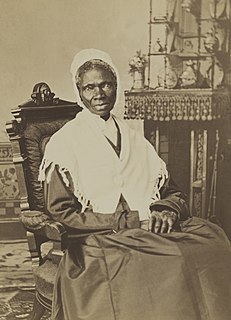A Quote by Kazuo Ishiguro
Typically in my novels the narrator tells a story by remembering, and the memories are colored by this and colored by that. So the whole universe of the novel tends to be framed by the narrator's memories and thoughts.
Related Quotes
If someone tells you that George Bush is not the 43rd president of the United States, they might be engaged in wishful thinking, or denial, but if they make that claim, it's either true or false! And you can assess that, regardless of whether there's an omniscient narrator, or an unreliable narrator, or it's shot in vérité, or it's manipulated, it's agitprop, whatever! It makes no difference! It's a style!
Ezra clapped his hands. "all right," he said. "In addition to the books we're reading as a class, I want to do an extra side project on unreliable narrators." Devon Arliss raised her hand. "what does that mean?" Ezra strode around the room. "well, the narrator tells us the story in the book, right? But what if... the narrator isn't telling us the truth? Maybe he's telling us his skewed version of the story to get you on his side. Or to scare you. Or maybe he's crazy!
There is a great stir about colored men getting their rights, but not a word about the colored women; and if colored men get their rights, and not colored women theirs, you see the colored
men will be masters over the women, and it will be just as bad as it was before. So I am for keeping the thing going while things are stirring; because if we wait till it is still, it will
take a great while to get it going again.
You have your wonderful memories," people said later, as if memories were solace. Memories are not. Memories are by definition of times past, things gone. Memories are the Westlake uniforms in the closet, the faded and cracked photographs, the invitations to the weddings of the people who are no longer married, the mass cards from the funerals of the people whose faces you no longer remember. Memories are what you no longer want to remember.





































